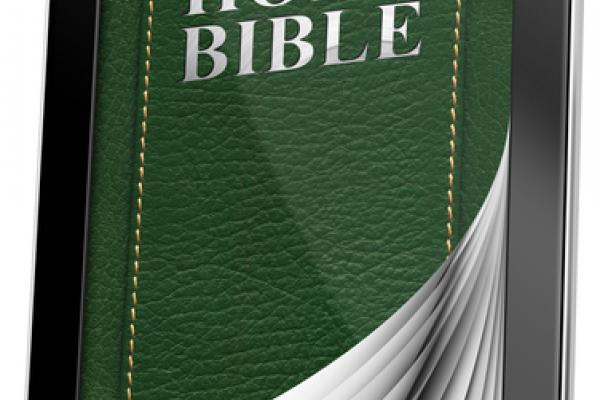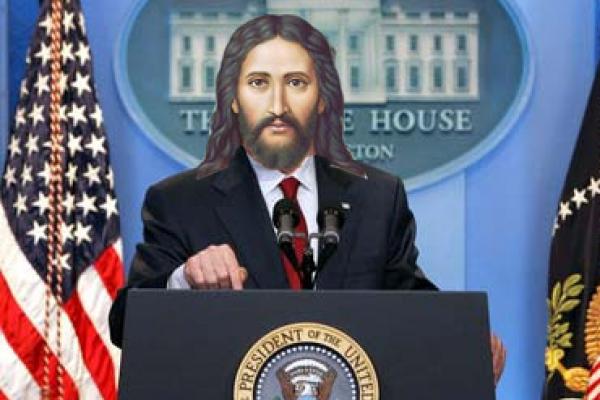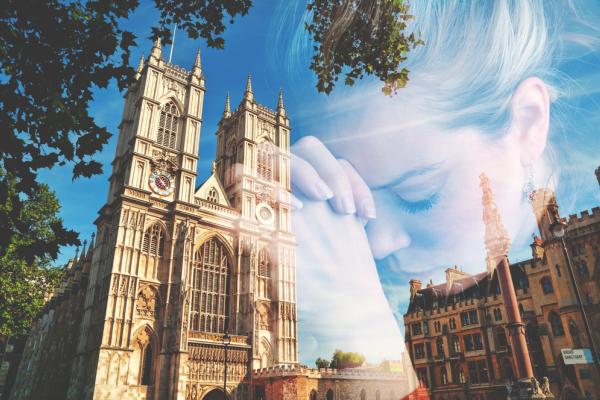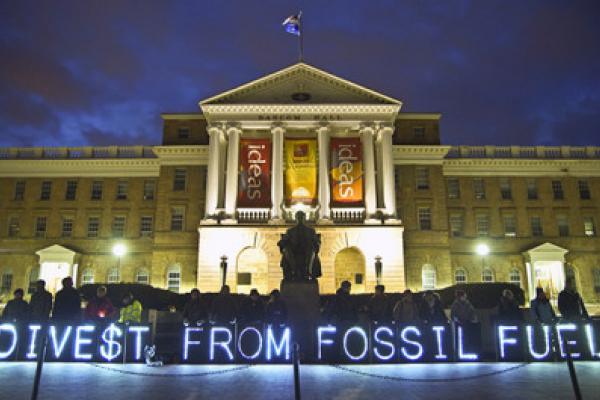Ephesians: Can You Find All the Run-on Sentences in this Classic Book? Philippians: How To Build Your Endurance Using This Neat Old Trick. Colossians: You’ll Never Believe What God Looks Like!
I've always been one who feels guilty easily, so being a mom and a pastor—and a Lutheran—comes naturally to me. It's silly really, but there are ample opportunities to feel guilty in two of the singularly most deified and diminished roles modern society has to offer.
As a child, I thought the only good part of going to the doctor’s office was getting to read the "Highlights" magazine in the waiting room. The "Hidden Pictures" page was my favorite. You‘ve probably seen it. There’s an intricate line drawing that has small pictures cleverly embedded within the big picture. The challenge is to find them. There’s a list of the hidden pictures, and you search to find the comb that’s blended into the girl’s bangs, the carrot concealed in plain sight as part of a spoke in a wheel.
We’d all love to claim Jesus for our team, but in doing so, we can safely assume that Jesus actually would wriggle free from such limitations. While it would be comforting to validate ourselves by claiming Jesus as a Baptist, Disciple, Catholic, or something else, what we’re effectively trying to do is keep from changing ourselves. We want to rest in the certainty that we’re all right how we already are, with no real need to grow or do things differently.
The modern era is marked by a tendency to worship such fences, such rules, institutions, doctrines and traditions, simply because they already exist. And oftentimes, the very things we are preserving are products of those with privilege and power—so in sustaining, or even not actively challenging, such systems, we’re actually contributing to the holding-back of those with less of a voice.
I met my wife, Joy Carroll, at Greenbelt, a summer festival of faith, arts, and justice held annually in England. It was August 1994. A few months earlier, in May, Joy was one of the first women to be ordained as a priest in the Church of England. We were both speakers on a panel one day at Greenbelt, in a tent with 5,000 young people. Afterwards, we met for coffee. Joy had been an ordained deacon in the church for six years and was a leader in the movement to recognize all the gifts women had to offer both to the church and the parishes they served. She was the youngest member of the General Synod that decided to ordain women, and she was there for the historic vote in Church House Westminster in London. That cup of coffee eventually led to our marriage in 1997.
I have a vivid memory of returning to Greenbelt as speakers in 2002 with our almost 4-year-old son Luke. It was Sunday morning, and Joy was up on the worship platform celebrating the Eucharist for 20,000 people. My little boy was sitting on my lap watching his mom lead worship up on the stage. Luke looked up at me and said, “Daddy, can men do that too?”
“The United States is wonderful,” said one woman, after I helped get her oriented to what buses she would take from Tucson to Florida, gave food and snacks to her and her 8- and 9-year-old sons, and helped her find sweaters and a blanket to stay warm through the inevitably extreme air conditioning of the buses. In that moment, I thought about other U.S. towns passing laws to keep people like her out and protesters angrily blocking buses full of unaccompanied minors or mothers and their children.
Worried about global warming, a growing number of churches and other faith groups are divesting their holdings in fossil fuel companies, which release large amounts of carbon dioxide and other greenhouse gases into the atmosphere.
“The warning in Scripture that ‘the wages of sin is death’ could not be more literally true than it is in the case of fossil fuels,” said Serene Jones, president of New York’s Union Theological Seminary, whose board voted in June to divest its $108.4 million endowment from fossil fuel companies.
“While we realize that our endowment alone will hardly cause the fossil fuel giants to miss even half a heartbeat, as a seminary dedicated to social justice we have a critical call to live out our values in the world. Climate change poses a catastrophic threat, and as stewards of God’s creation we simply must act.”
There’s never a better time for a bunch of holy avengers than when all hell actually breaks loose.
The Dynamite Entertainment series The Devilers debuts Wednesday as an action-packed supernatural comic book full of demonic beasties, big-picture philosophies, and heroes that have to put religious differences aside in order to save Vatican City – and the world – from being turned into brimstone.
“When suddenly it’s ‘Oh that is a giant hellmouth that opened up in front of me,’ that changes your beliefs,” said series writer Joshua Hale Fialkov (The Bunker, The Life After), who’s doing the The Devilers alongside artist Matt Triano.
A U.S. District Court judge declared the death penalty "unconstitutionall" in the State of California.
In the ruling that was released today, U.S. District Court Judge Cormac Carney wrote that, an "inordinate and unpredictable delay has resulted in a death penalty system in which very few of the hundreds of individuals sentenced to death have been, or even will be, executed by the State."
NBC Bay Area first reported the ruling:
In his 29-page ruling on the Jones vs. Chappell case, Carney wrote that when an individual is condemned to death in California, the sentence carries with it the promise that it will actually be carried out.
That promise is made to citizens, jurors, victims and their loved ones and to the hundreds of individuals on death row, he wrote.
However, Carney argues, “for too long now, the promise has been an empty one.”
Read the full story here.








